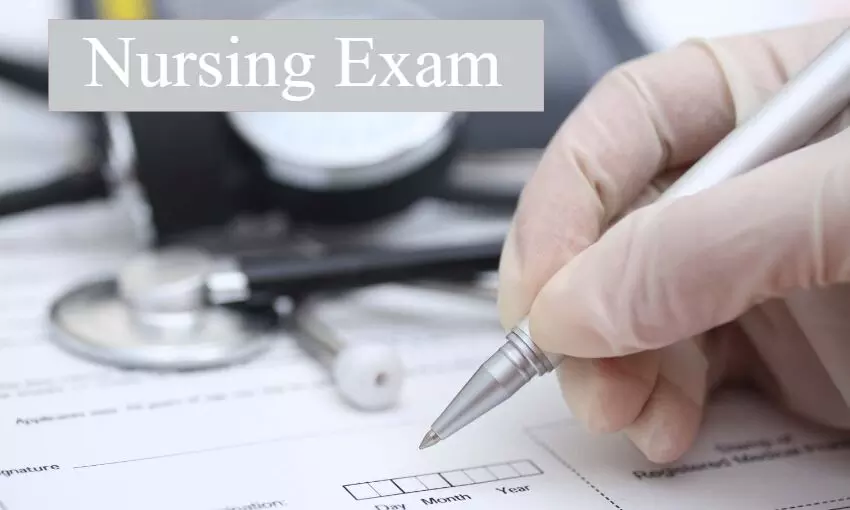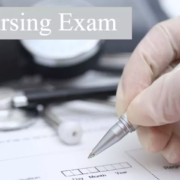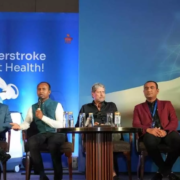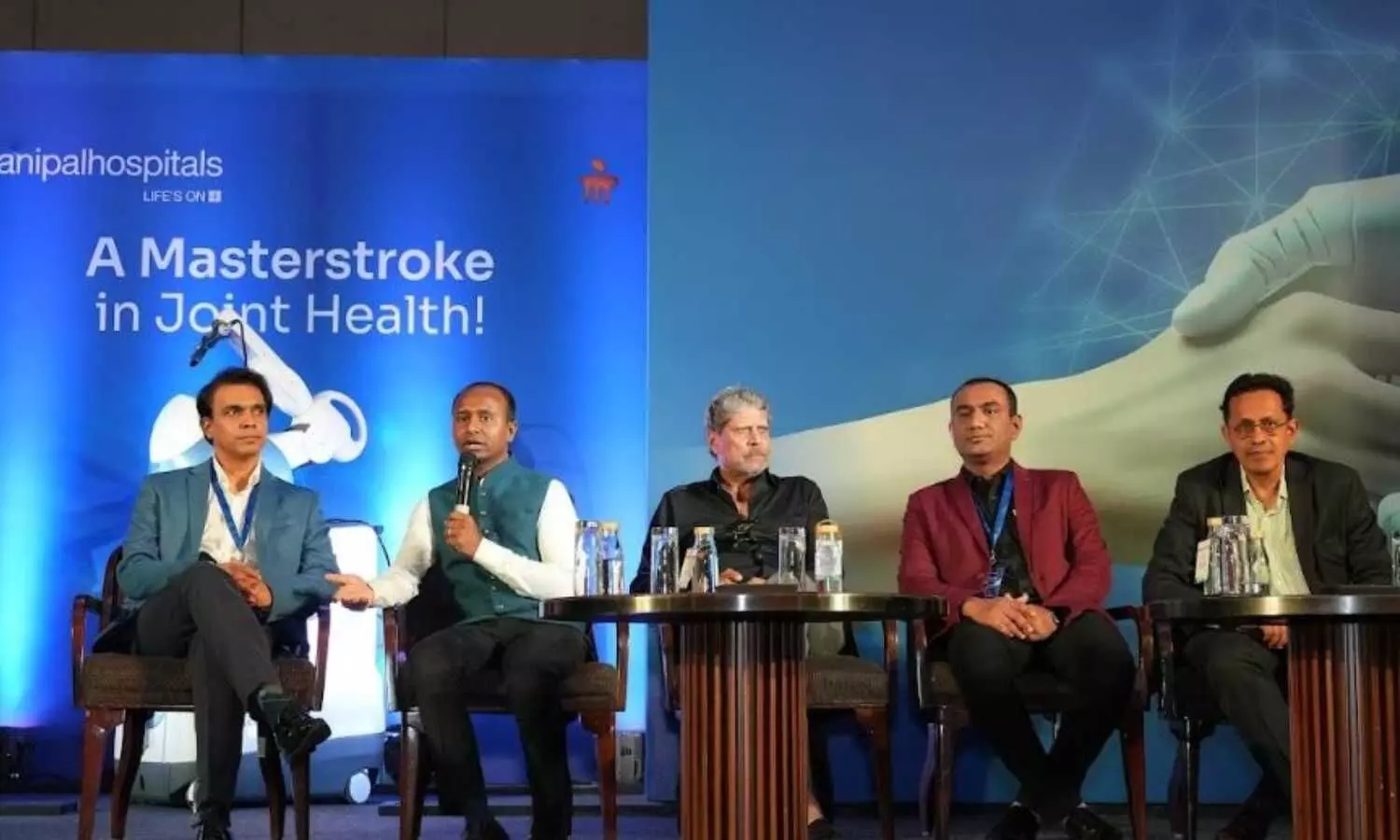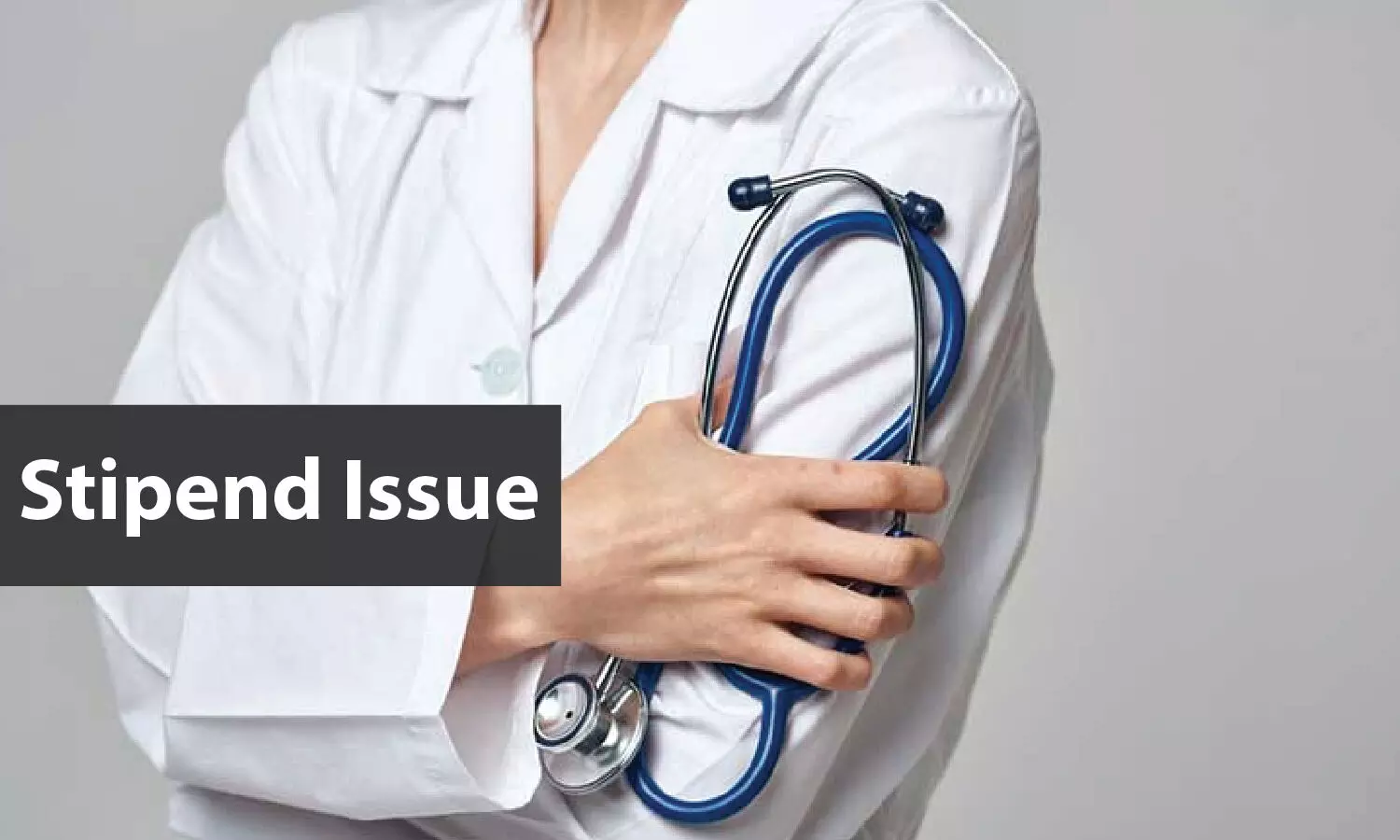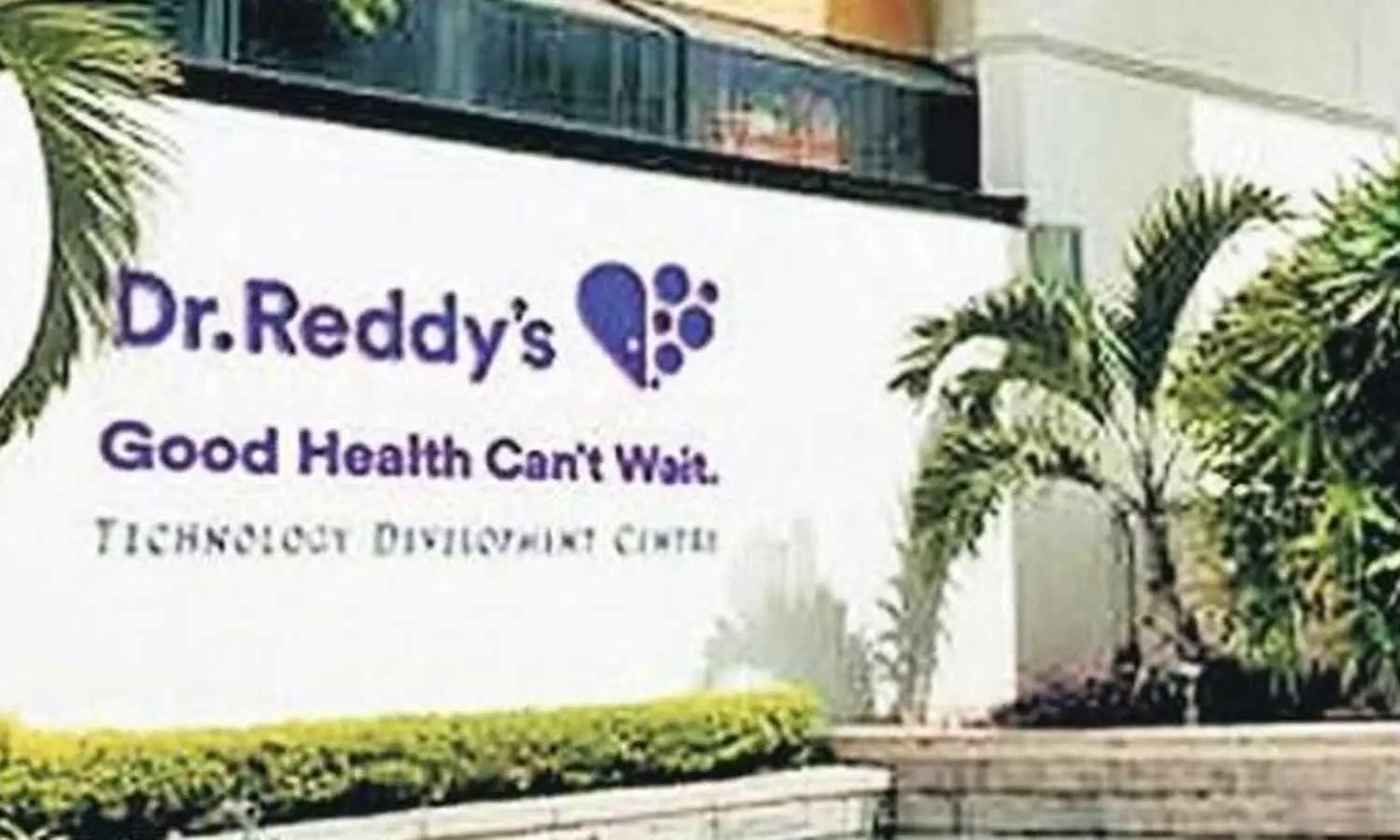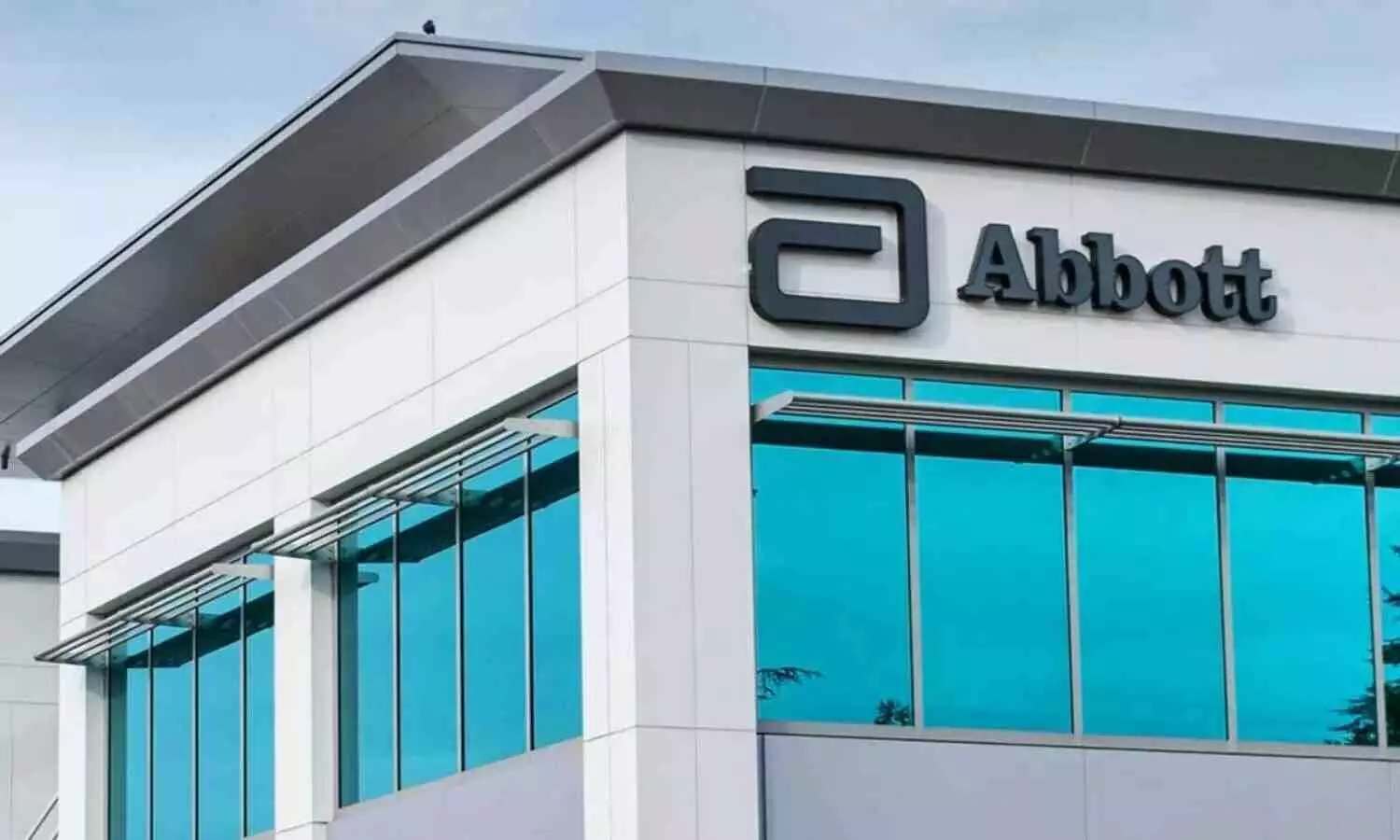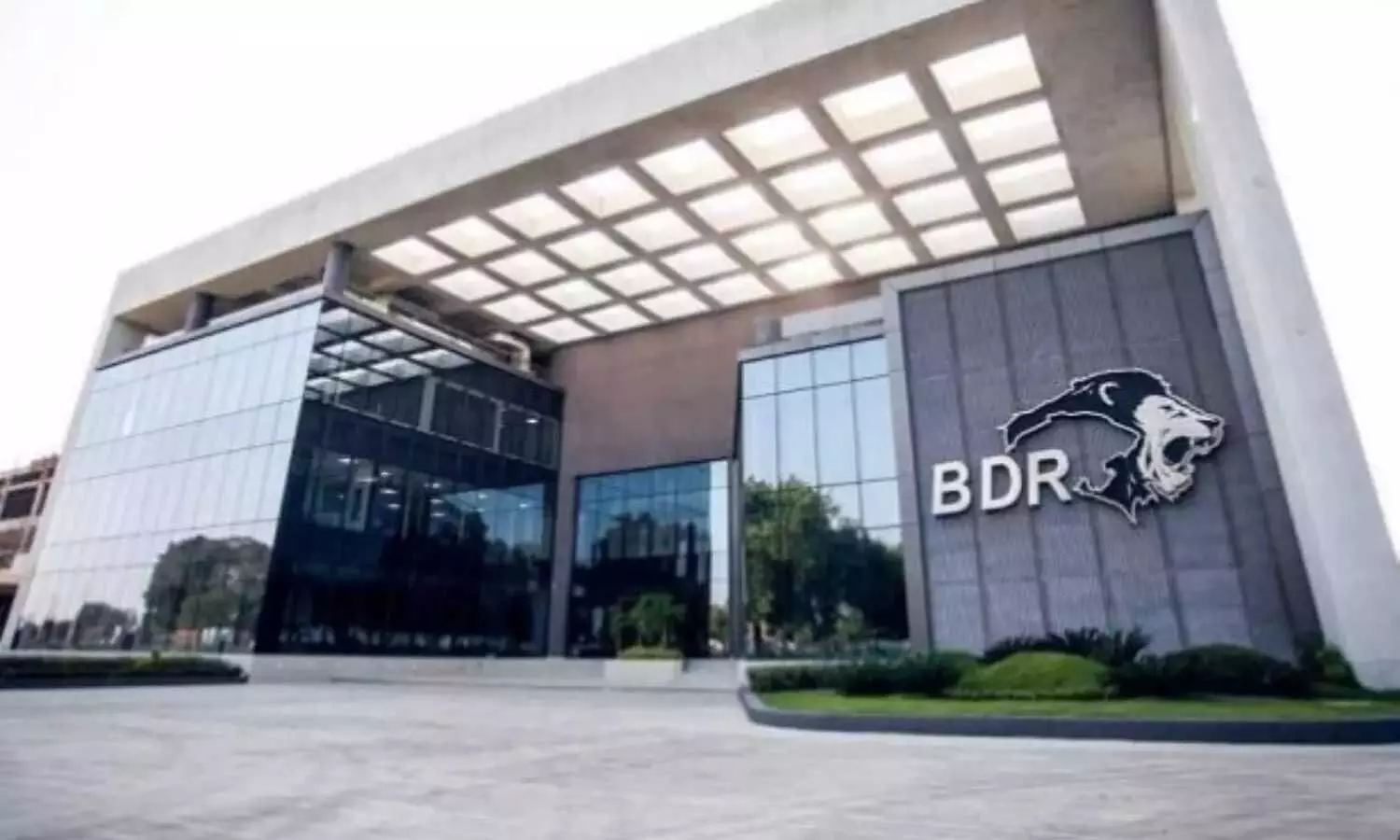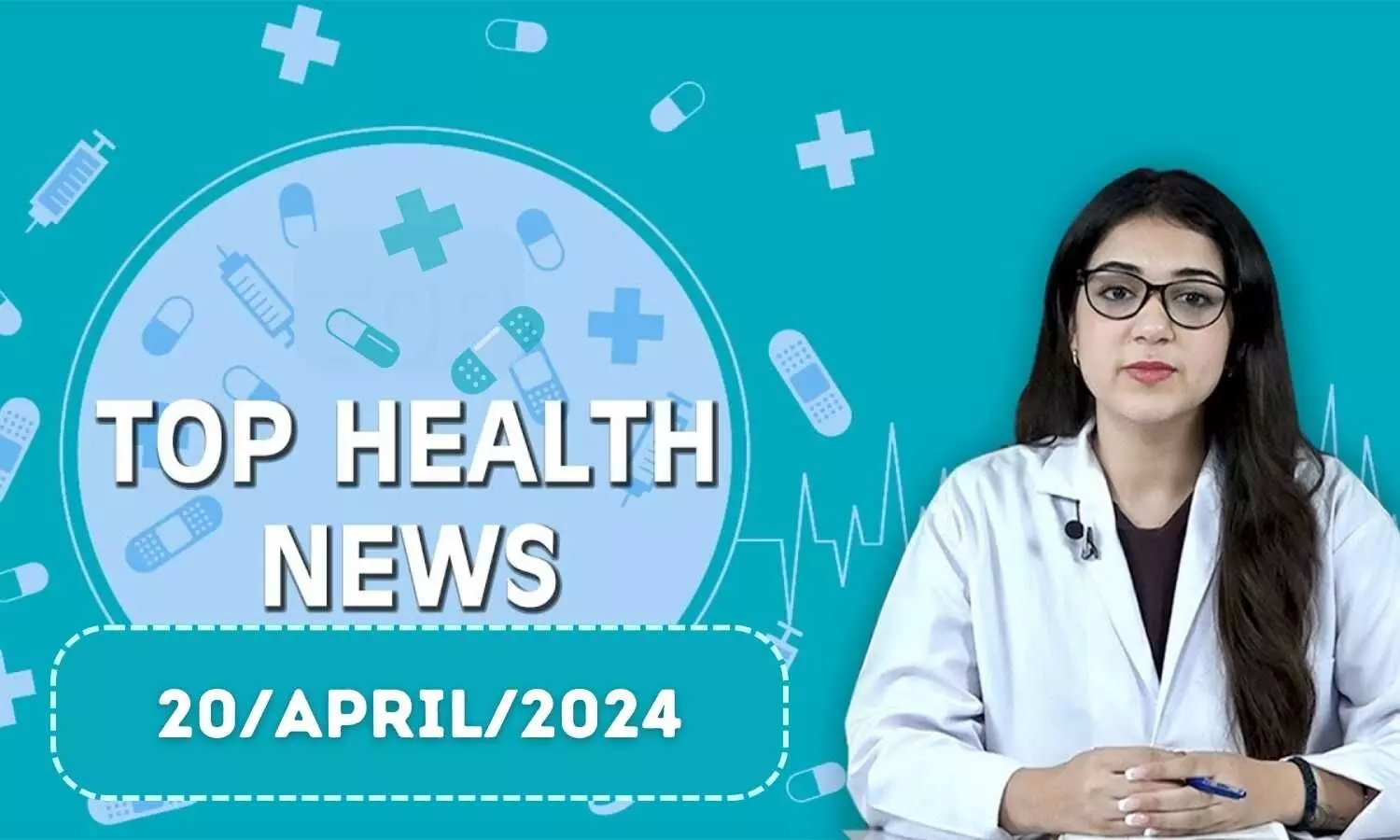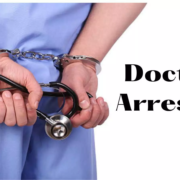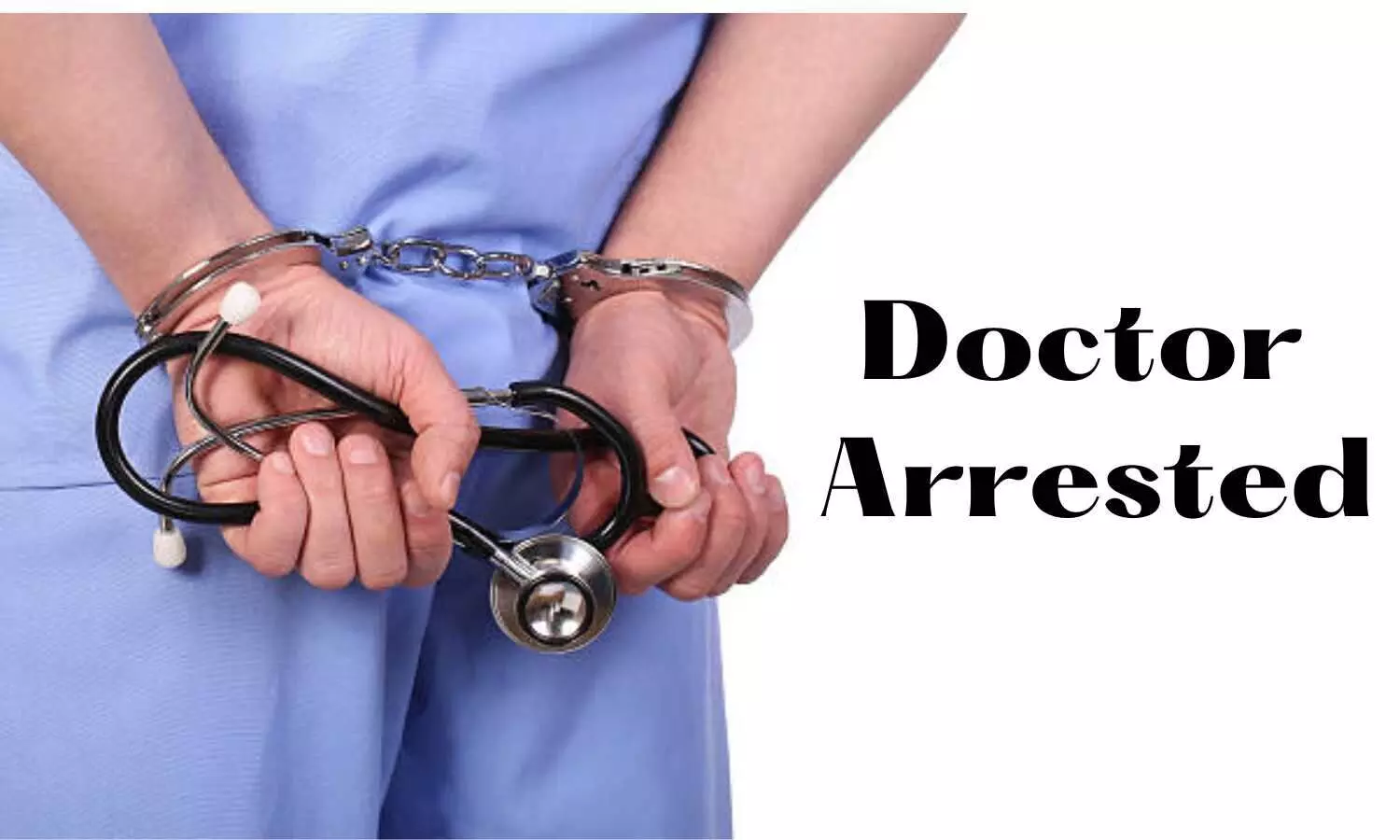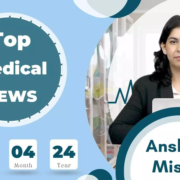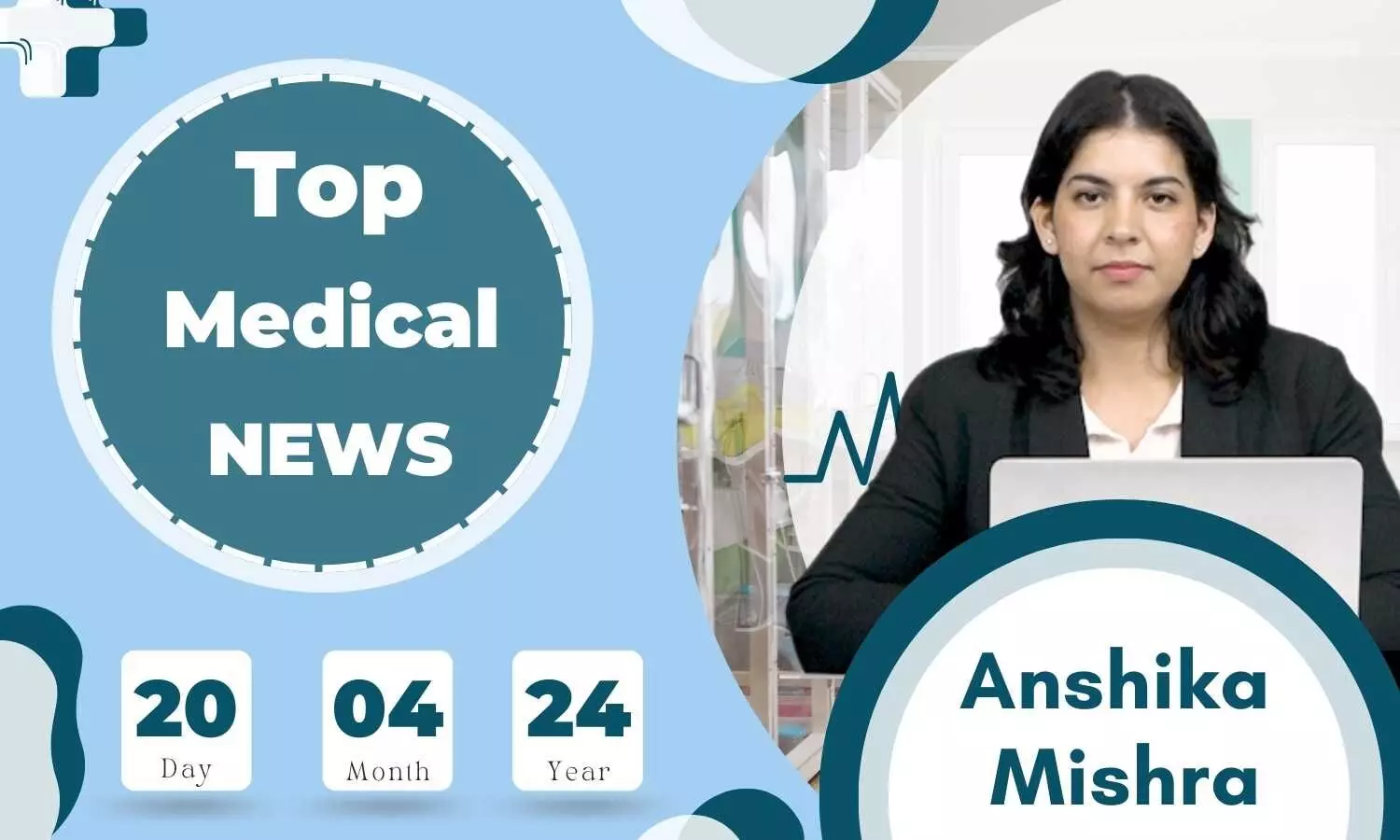
Thiruvananthapuram: The State Consumer Disputes Redressal Commission, Kerala recently held a Marikkunnu-based hospital, an ENT surgeon and an Anaesthesiologist associated with the hospital liable for lapse on their part in monitoring a patient, who underwent a Septoplasty procedure.
Due to complications, the patient became cyanosed and ultimately lost consciousness. After being treated for several months in a vegetative state, he expired in 2003. “Therefore, we have no hesitation in concluding that the vegetative condition of the 1 st complainant was caused as a direct result of the monitoring lapse on the part of the opposite parties after the surgical procedure was completed,” the State Consumer Court noted and directed the hospital and doctors to pay Rs 30 lakh to the family of the deceased as compensation towards the loss, mental agony and hardships suffered and another Rs 25,000 as costs of the litigation within one month.
“All the amounts shall be paid by the opposite parties 1 to 3 with interest thereon @ 8% per annum from 08.02.2002, the date of filing of this complaint till the date of payment,” the Commission ordered.
The history of the case goes back to 2001 when the patient consulted the treating doctor, an ENT surgeon, for a minor deformity of his nose. After examining the patient, the doctor opined that the deformity could be easily corrected by a minor surgery for which, he advised the complainant to get admitted to the treating hospital at Marikkunnu.
It was alleged that the ENT surgeon and the Anaesthesiologist had informed the patient that the concerned procedure called Septoplasty was usually done under general anaesthesia. Accordingly, the patient was admitted and after the pre-operative check-up, the operation was conducted on 04.04.2001.
Although initially the doctor had assured that there was nothing wrong with the patient, after some time, the family of the patient was informed that the patient had not recovered from the surgery and was being shifted to the Intensive Care Unit (ICU). The doctors had allegedly ensured that the patient was alright and it was only a minor anesthetic complication.
However, the patient’s condition soon turned serious and he was put on ventilator support. He remained in the hospital till 16.04.2001 but his condition allegedly worsened. It was submitted that despite repeated requests to shift the patient to hospitals with better facilities, the treating doctors and hospital declined to issue a discharge summary or the details of the treatment, or a copy of the case sheet without which it was not possible to take the patient to any other hospital for better management or treatment.
Finally, after much persuasion, the patient was shifted to Kasturba Hospital, Manipal in the Ambulance of the National Hospital, Kozhikode accompanied by the treating ENT surgeon and another doctor.
Accordingly, the patient was treated as an inpatient in the Department of Neurology from 17.04.2001 till 12.05.2001. He remained deeply in comatose condition and there was no improvement. Finally, the doctors of the Kasturba Hospital decided that nothing more could be done and treatment continued from the local hospital.
The final diagnosis was hypoxic, hypoxemic, encephalopathy and persistent vegetative state. The patient was discharged, admitted to another hospital and was treated there for three months. He was discharged thereafter because his neurological status continued to remain status-quo without any improvement. It was advised that his treatment could be continued with the assistance of two trained nurses at home and periodic check up by doctors. Accordingly, he remained at home. He was given food through a tube and a catheter was inserted for urination. Since the filing of the complaint, he had not shown any improvement.
The wife and children of the patient filed the consumer complaint and alleged that all their loss, injury and hardships were consequences of the negligence, carelessness, deficiency in service and unfair trade practice on the part of the treating doctors and hospital. Had they bestowed reasonable care, caution and attention while treating the complainant during the surgery and thereafter, all the complications that ensued could have been avoided, they argued.
Further, the complainants contended that the surgery conducted by the ENT surgeon was an elective one and was akin to cosmetic surgery. Therefore, if there was any doubt regarding the complete fitness of the complainant to undergo the same under general anaesthesia, the surgery could have been postponed or avoided.
The complainants further alleged that initially the hospital and doctors failed to provide the discharge summary and only after being threatened with legal action, they provided the records. They also claimed that the case sheet had been tampered with and manipulated.
It was alleged by the complainants that improper administering of anaesthesia and conduct of surgery could be attributed to the cardiorespiratory arrest caused to the patient. Filing the consumer complaint, they claimed Rs 50 lakh as compensation, apart from the costs of the proceedings.
On the other hand, the hospital and doctors submitted that the surgery was conducted observing all established precautions and with utmost care and caution. The patient was extubated and was fully awake. He showed stable vital signs with full consciousness. They claimed that the patient had fully recovered from anaesthesia and was talking with all protective reflexes intact.
Therefore, the patient was shifted to the recovery room. In the recovery room, the patient developed cardiorespiratory arrest which was detected immediately and resuscitated. The patient was put on ventilator support and shifted to the Intensive Care Unit. Consequently, the patient developed seizures and was treated conservatively with anti-oedema measures, antiepileptics, antibiotics and all other possible supportive measures, in consultation with the Neurologist. Seizures were controlled and the patient showed marginal improvement. Later on, the patient was shifted to the KMC, Manipal, as requested by the relatives of the patient, for further management.
They also argued that Septoplasty under general anaesthesia is not a minor surgery. Denying all the allegations of negligence, they submitted that what had happened was an established known complication of any procedure under general anesthesia and the situation was tackled sincerely and wholeheartedly to the best of their abilities. They also denied the allegations of manipulation or tampering with the records.
While considering the matter, the Consumer Court noted that after the death of the patient on 31.08.2003, a Medical Board was constituted on the basis of the Police complaint filed by the complainants. The Medical Board evaluated the medical treatment that was provided by the hospital and concluded that there was no negligence on the part of the hospital and doctors. Based on the said report, the Police referred the case reporting that there was no negligent act warranting criminal action against the hospital and doctors. Therefore it was contended that the complaint was only to be dismissed accepting the said opinion of the Medical Board.
The Commission noted that as per the certificate issued by the Medical Board, it could not identify any professional negligence on the part of the doctors who treated the patient.
After considering an expert opinion, the Commission observed that the events that took place during the period from 10.30 am to 11 am on 04.04.2001 caused the deterioration of the condition of the patient.
The Consumer Court considered the evidence by the expert doctors by the treating hospital and doctors and noted that “It is clear from the evidence of DW2 and DW3 that there was no recording of the vital parameters of the patient during the crucial period. It is claimed that there was close monitoring of the condition of the patient. But, there is no evidence to support the said contention. Going by the notings in the case sheet, what emerges is that, no monitoring of the patient was done from 10.30 am to 10.55 am. There is no recording of monitoring in Ext. B1(a) regarding the vital parameters of the patient during that time.”
“In the absence of any such evidence, the only conclusion possible is that there was no monitoring of the condition of the patient during the crucial period that changed his entire life. Though it is seen recorded at page 31of Ext. B1(a) that the patient was conscious till 10.55 am that can even be a deceptive impression and cannot support the conclusion that the vitals of the patient were normal. It is for the said reason that five minutes thereafter the patient had become cyanosed,” the Commission further observed.
It also considered the evidence produced by an expert on behalf of the complainants and noted,
“It is also a fact that cardiac monitor was not used immediately after the surgery during the post surgical period. It was connected only at 11.08 am (page 31 of Ext. A17 case sheet) after the complication had occurred. According to PW3 a normal patient to become cyanosed would require definitely more than 3-4 minutes. It is a gradual process which could be easily identified, if there is constant monitoring. PW3 has further contended that complication of irreversible brain damage is not a surgical issue, but a possible delay in identifying the complication. It is a monitoring issue.”
Noting that the opinions formed by the complainant’s expert after examining the case sheet had not been seriously challenged or disproved by the hospital and doctors in the case, the Commission opined that the patient’s condition worsened due to the monitoring lapse.
“Therefore, we have no hesitation in concluding that the vegetative condition of the 1 st complainant was caused as a direct result of the monitoring lapse on the part of the opposite parties after the surgical procedure was completed. The omission on their part to follow the standard medical protocol in this case is therefore proved beyond any doubt. In view of the above, we are satisfied that the complainants are entitled to succeed in their claim for compensation against the opposite parties,” the consumer court opined.
Noting that the loss suffered by the complainants could not be compensated in terms of money, and also taking into account that the deceased patient was young, healthy and well-employed, the Commission ordered the hospital and doctors to pay Rs 30 lakh as compensation to the family of the deceased.
“He lost a career that would have been fruitful and profitable. Therefore, we consider that an amount of Rs. 30,00,000/- shall be a reasonable compensation for the loss of the 1 st complainant in this case. The 1 st opposite party (ENT surgeon) who conducted the surgery, the 2 nd opposite party, the anesthetist as well as the 3 rd opposite party hospital are equally responsible for the death of the 1 st complainant. As the surgeon, the 1 st opposite party ought to have taken care to avert the complication created by the lack of monitoring after the surgery. The 2 nd opposite party, Anesthetist, who was responsible for weaning off the patient from anesthesia failed to anticipate the cardio respiratory arrest that followed the surgery. In view of their contention that it was a known complication associated with any surgery under general anesthesia it was necessary for them to have been more alert and to have taken precautionary measures to handle such eventuality, which they sadly did not do. For the above reasons, all the opposite parties shall be liable to compensate the complainants,” it ordered.
To view the order, click on the link below:
https://medicaldialogues.in/pdf_upload/kerala-rs-30-lakh-compensation-236564.pdf
Also Read: Patient succumbs to hospital-associated infections Post CABG surgery, NCDRC slaps Rs 10 lakh compensation
